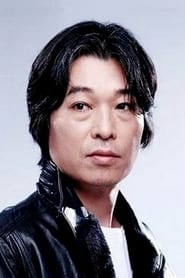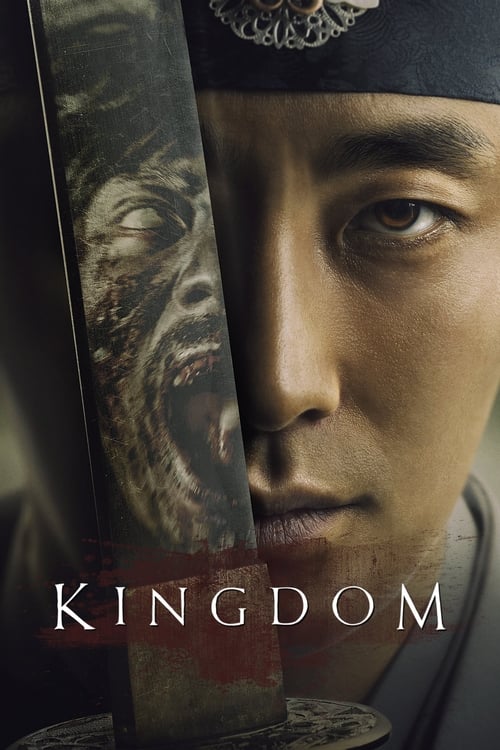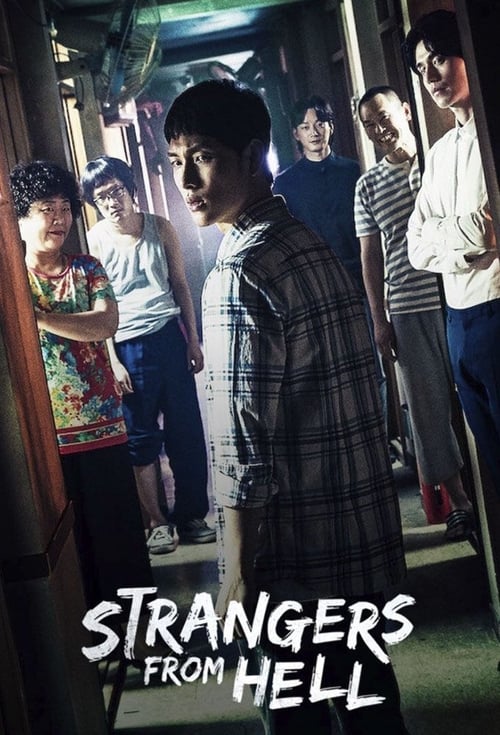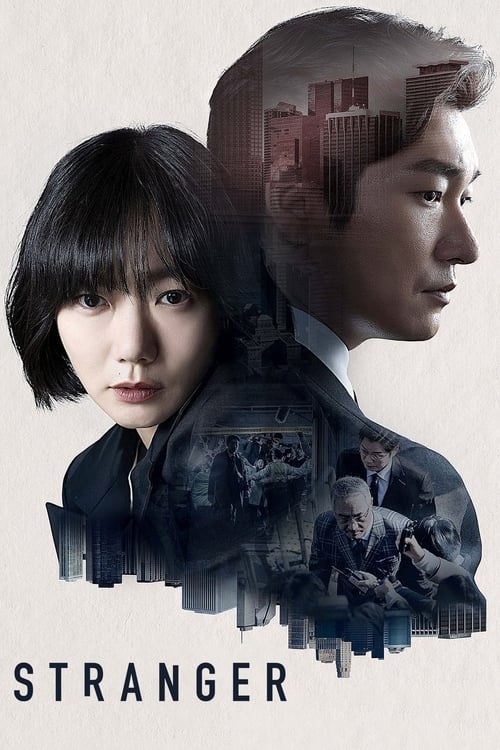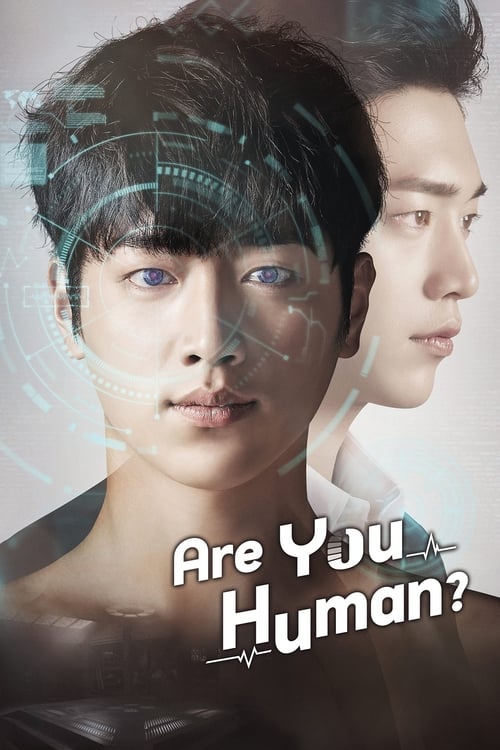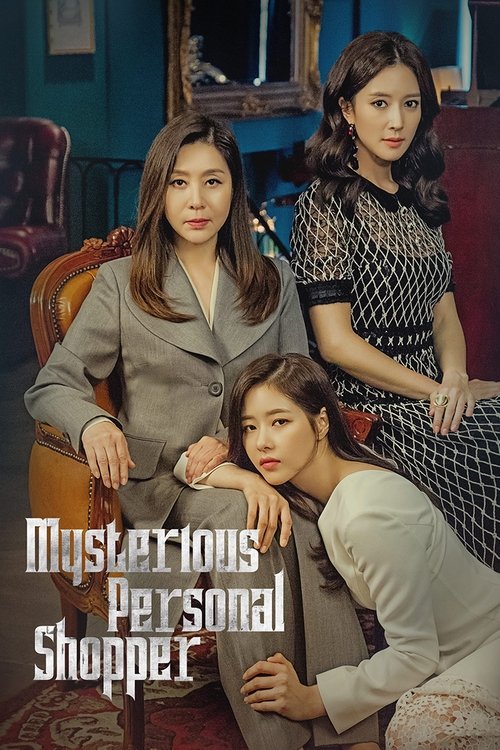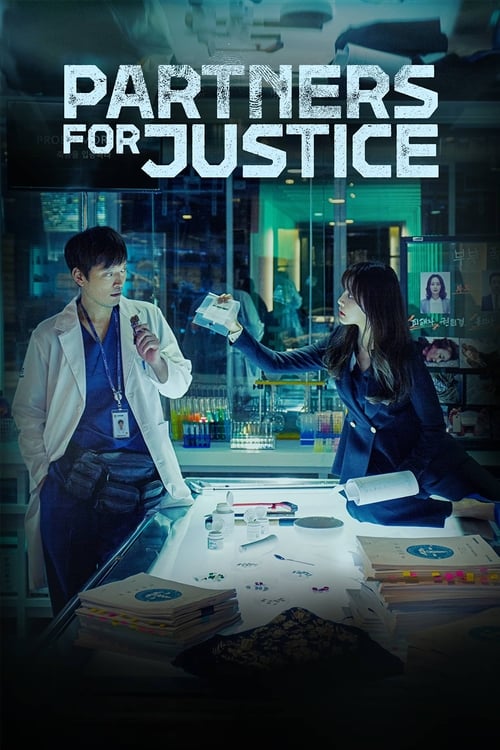
Ask Your Own Question
What is the plot?
In the opening scene of "The One Last Case," Detective Park Hae-young receives a call from the past through the walkie-talkie, which connects him to the year 2000. The voice on the other end is that of Detective Lee Jae-han, who is investigating a series of murders. Hae-young learns that Jae-han is currently working on a case involving a missing girl, and he feels a sense of urgency to help him solve it.
As the episode progresses, Hae-young and his partner, Detective Cha Soo-hyun, delve deeper into the case. They discover that the missing girl, who is later identified as Kim Ji-soo, has a connection to a series of unsolved murders from the past. Hae-young feels a strong emotional pull to assist Jae-han, as he believes that solving this case could lead to preventing future tragedies.
Meanwhile, Jae-han is shown in his timeline, struggling with the pressure of the investigation. He is determined to find Ji-soo before it's too late, but he faces obstacles from his superiors who are skeptical of his methods. Jae-han's frustration grows as he realizes that he is running out of time, and he becomes increasingly desperate to find a lead.
Hae-young and Soo-hyun work tirelessly to gather information, interviewing witnesses and piecing together clues. They uncover a potential suspect, a man with a history of violence, who was seen near the area where Ji-soo went missing. Hae-young feels a mix of hope and dread, knowing that they must act quickly to prevent another tragedy.
As the investigation unfolds, Hae-young receives another call from Jae-han, who shares critical information about the suspect. Jae-han reveals that he has a hunch about the suspect's whereabouts and urges Hae-young to act on it. Hae-young, feeling the weight of responsibility, decides to follow Jae-han's lead, believing that their collaboration could save Ji-soo.
In a tense sequence, Hae-young and Soo-hyun confront the suspect at his home. They search the premises, and the atmosphere is thick with tension as they fear they might be too late. Just as they are about to give up, they find evidence that leads them to believe Ji-soo is being held captive nearby. The urgency escalates, and they rush to the location indicated by the clues.
Simultaneously, Jae-han is shown in his timeline, racing against the clock to find Ji-soo. He faces a critical moment when he must decide whether to follow protocol or trust his instincts. Ultimately, he chooses to trust his gut, which leads him to a location where he believes Ji-soo might be found.
The two timelines converge as Hae-young and Soo-hyun arrive at the location just moments after Jae-han has reached it. They find Ji-soo in a hidden room, and the emotional reunion is palpable. Hae-young feels a surge of relief and triumph, knowing that they have saved her life. However, the moment is bittersweet as they realize the toll the case has taken on everyone involved.
In the aftermath, Hae-young reflects on the case and the connections he has forged with Jae-han. He feels a deep sense of gratitude for the opportunity to work alongside him, even if it is across time. The episode concludes with Hae-young and Soo-hyun vowing to continue their work, inspired by the lives they have saved and the memories of those they have lost.
What is the ending?
In the ending of "Signal," season 1, episode 11, titled "The One Last Case," the characters face the consequences of their actions as they attempt to solve a final case involving a serial killer. The episode culminates in a tense confrontation, leading to significant sacrifices and emotional farewells among the main characters.
As the episode unfolds, the narrative begins with Detective Park Hae-young receiving a call from the past through the walkie-talkie, which connects him to Detective Lee Jae-han. They are both determined to solve the case of a serial killer who has been evading justice. Hae-young, driven by a sense of duty and the desire to protect those he cares about, collaborates with Jae-han, who is motivated by his own past regrets and the need to prevent further tragedies.
The tension escalates as they gather clues and piece together the timeline of the killer's actions. Hae-young's emotional state is fraught with urgency and desperation, as he feels the weight of the lives at stake. Meanwhile, Jae-han grapples with the knowledge that his actions in the past have consequences that ripple into the present.
In a pivotal scene, Hae-young and Jae-han confront the killer, leading to a dramatic showdown. The atmosphere is thick with suspense as they navigate the dangerous situation, showcasing their determination and bravery. However, the confrontation takes a tragic turn, resulting in Jae-han making a selfless sacrifice to save Hae-young and ensure that justice is served.
As the episode draws to a close, Hae-young is left to grapple with the loss of his partner and friend. The emotional weight of Jae-han's sacrifice hangs heavily on him, and he reflects on their shared experiences and the bond they formed through their unique connection. The final moments depict Hae-young standing alone, filled with a mix of grief and resolve, as he vows to continue fighting for justice in honor of Jae-han.
The episode concludes with a poignant sense of closure for Hae-young, who has grown through his experiences, but it also leaves a lingering sadness for the sacrifices made along the way. The fate of the main characters is sealed in this emotional farewell, highlighting the themes of friendship, sacrifice, and the enduring impact of their shared mission.
Is there a post-credit scene?
In "The One Last Case," the eleventh episode of "Signal," there is no post-credit scene. The episode concludes without any additional scenes or content after the credits roll. The focus remains on the resolution of the main storyline and the emotional arcs of the characters involved, particularly as they deal with the aftermath of the case they have been working on. The episode wraps up the narrative threads without extending into a post-credit moment.
What role does the character of Cha Soo-hyun play in this episode?
Cha Soo-hyun plays a crucial role in this episode as she provides emotional support to Hae-young and Jae-han. Her character serves as a bridge between the past and present, helping to connect the dots in the investigation. Soo-hyun's determination to uncover the truth reflects her own struggles with the unresolved cases from her past, and her interactions with Hae-young highlight the themes of trust and collaboration.
How does the relationship between Park Hae-young and Lee Jae-han evolve in this episode?
Throughout 'The One Last Case', the relationship between Park Hae-young and Lee Jae-han deepens as they work together to solve the case. Hae-young grapples with the reality of Jae-han's time and the sacrifices he has made. Their bond is characterized by mutual respect and a shared sense of purpose, as Hae-young seeks to honor Jae-han's legacy while also confronting his own fears about the future.
What is the significance of the case that Park Hae-young and his team investigate in this episode?
In this episode, Park Hae-young and his team delve into a cold case involving a series of murders that occurred years ago. The case is significant as it not only tests their investigative skills but also serves as a catalyst for Hae-young's personal growth and his commitment to justice. The emotional weight of the case is amplified by the connections it has to the characters' pasts, particularly Hae-young's own experiences with loss and regret.
What are the key emotional moments for Park Hae-young in this episode?
Key emotional moments for Park Hae-young include his reflections on the victims of the case and the impact of their unresolved fates on his own life. He experiences a profound sense of responsibility and guilt, particularly when he realizes how the past continues to haunt those involved. Hae-young's internal conflict is palpable as he navigates his desire for closure while grappling with the weight of the truth.
How does the episode address the theme of time and its impact on the characters?
In 'The One Last Case', the theme of time is intricately woven into the narrative as the characters confront the consequences of their past actions. The episode explores how time can both heal and haunt, as Hae-young and Jae-han reflect on the choices they made and the lives affected by their decisions. The urgency of solving the case before it slips further into obscurity adds a layer of tension, emphasizing the fleeting nature of time and the importance of seizing the moment.
Is this family friendly?
In "The One Last Case," episode 11 of Signal, there are several elements that may be considered objectionable or upsetting for children or sensitive viewers:
-
Violence: The episode contains scenes depicting crime and violence, including discussions of murder and the aftermath of violent incidents, which may be distressing.
-
Emotional Trauma: Characters experience significant emotional turmoil, including grief and loss, which could be heavy for younger audiences to process.
-
Themes of Crime: The overarching theme of criminal investigations may introduce concepts of danger and fear, which could be unsettling for some viewers.
-
Mature Themes: The episode touches on complex themes such as justice, morality, and the impact of past traumas, which may be difficult for children to fully understand.
-
Tense Situations: There are moments of suspense and tension that could evoke anxiety or fear, particularly in scenes involving confrontations or the threat of harm.
These aspects may warrant parental guidance for younger viewers or those who are sensitive to such content.






